Story Highlight
– Thousands of illegal weight loss jabs seized in Britain.
– 2,000 pens and empty packaging found at the factory.
– Estimated street value of finished products exceeds £250,000.
– First illicit weight loss medicine facility discovered in UK.
– Health officials warn about risks of counterfeit medicines.
Full Story
Thousands of unlicensed weight loss injection pens have been confiscated in a significant operation targeting illegal pharmaceutical production in the UK. Authorities uncovered approximately 2,000 pens marked as containing tirzepatide and retatrutide—substances not currently sanctioned for weight-loss use in the country—during a raid on a site located just outside Northampton. The operation also revealed tens of thousands of empty injection pens and raw chemical materials, with the estimated street value of the finished products surpassing £250,000.
The raid, which spanned two days and involved both Northamptonshire Police and the Medicines and Healthcare products Regulatory Agency (MHRA), is hailed as the most substantial seizure of trafficked weight-loss medications recorded globally. In addition to the medication paraphernalia, officers recovered sophisticated manufacturing equipment along with approximately £20,000 in cash believed to be connected to the illicit activities.
The facility in question marks the first discovered in the UK dedicated to the mass production and distribution of unlicensed weight loss treatments, which carry potentially serious health risks for consumers. Health Secretary Wes Streeting described the operation as a critical victory against individuals profiting from dangerous and illegal weight loss jabs. He stated, “This is a victory in the fight against the shameless criminals who are putting lives at risk by peddling dangerous and illegal weight-loss jabs to make a quick buck. These unregulated products, made with no regard for safety or quality, posed a major risk to unwitting customers.”
Tirzepatide and retatrutide are compounds that mimic natural hormones responsible for appetite regulation and blood sugar control. Tirzepatide is an active ingredient in Eli Lilly’s approved products, Mounjaro and Zepbound, while retatrutide remains an experimental obesity treatment still undergoing clinical trials. Eli Lilly issued a statement supporting enforcement measures against illegal operations, declaring the crackdown “a direct strike against the criminal elements that are risking people’s lives.” The pharmaceutical company emphasized that consumers who engage with counterfeit or black market medications face inherent dangers as they are unaware of the actual composition of these products.
Andy Morling, who leads the MHRA’s criminal enforcement unit, underscored the importance of this operation, calling it “a landmark result for the MHRA and a major blow to the illegal trade.” He warned that these unregulated products are both untested and potentially harmful, stating, “By taking this organized criminal network out of operation and stopping tens of thousands of potentially fatal products from entering circulation, we’ve prevented a serious risk to public health.” Morling highlighted the extensive illicit market that not only jeopardizes patients’ health but also enriches organized crime at the expense of legitimate health care.
The UK’s National Health Service only prescribes weight-loss drugs to individuals who meet specific health criteria, and those seeking privately sourced medication often face exorbitant monthly prices. In the United States, a concerning trend has emerged where individuals are sourcing raw ingredients online to create their own versions of GLP-1-based injections, such as semaglutide, associated with products like Ozempic and Wegovy. This has arisen in response to high retail costs and limited availability, prompting serious health officials’ warnings about the dangers of self-manufacturing drugs, which carry substantial risks of contamination, incorrect dosages, and a lack of regulatory oversight.
This case illustrates the urgent need for continued vigilance and rigorous enforcement to protect the public from unscrupulous practices within the pharmaceutical sector, ensuring that individuals are not subjected to potentially dangerous and untested treatments. The illicit production and distribution of these weight-loss medications highlight broader issues within the healthcare system, as well as the persistent challenges faced by authorities in combating illegal drug trade.
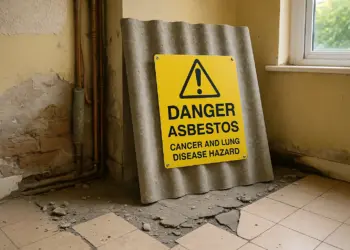






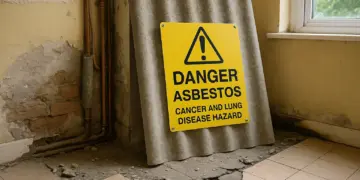
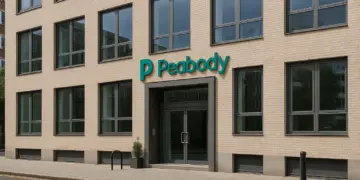
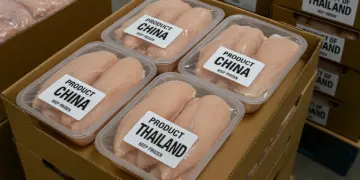
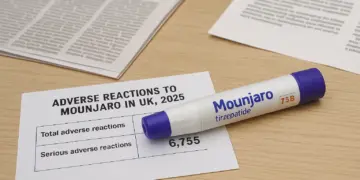




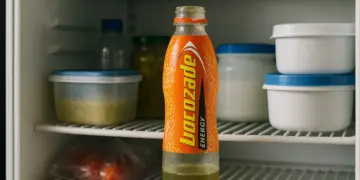

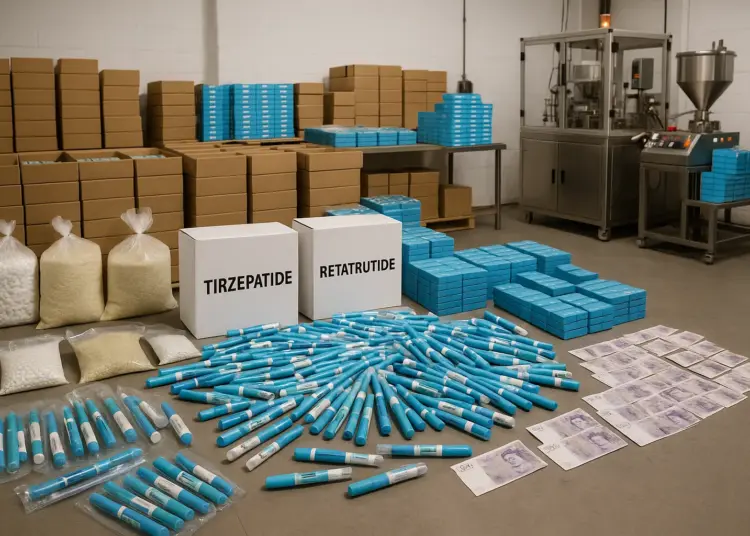
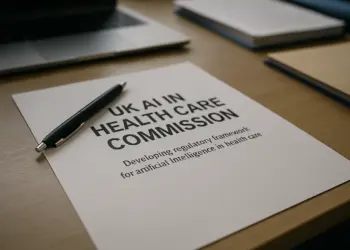
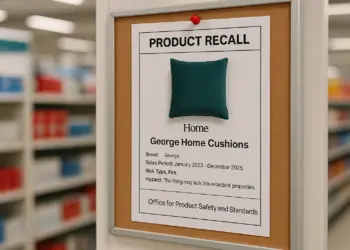



This seizure highlights serious public health and safety risks from unregulated medicines. Counterfeit and illicitly manufactured injectables can carry contamination, incorrect dosages and harmful additives that put users at risk of infection, severe adverse reactions and long term harm. It also underlines the need for continued cross sector cooperation between enforcement, regulators and healthcare providers to identify and remove dangerous products and to communicate clear guidance to the public about obtaining treatments only through licensed channels.
This is a stark reminder of the real harms posed by unregulated medical products. Beyond the criminal aspects, these devices and their contents could cause serious harm through contamination incorrect dosing or undisclosed ingredients. It is vital that enforcement continues alongside public education so people understand the risks of sourcing treatments outside licensed healthcare pathways. Providers and regulators should work together to trace distribution networks and ensure safe disposal and testing of seized items to protect public health.
This is a serious public health and safety concern. Counterfeit and illegally manufactured medicines carry unknown composition, contamination risks and incorrect dosing that can cause severe harm or death. The presence of raw materials and specialized equipment suggests organised activity and increases the likelihood of contaminated or adulterated products entering the supply chain. Enforcement action was essential to remove dangerous items, but the incident also highlights the need for continued vigilance from regulators, healthcare professionals and the public. People should only use prescribed treatments obtained through legitimate healthcare channels and report suspicious products or sources to authorities.
Disturbing but not surprising. Unregulated production of injectable medicines creates unacceptable risks from contamination, incorrect dosing and unknown ingredients. Enforcement action is vital, but so is public awareness so people understand the dangers of buying medicines outside regulated channels and seek treatments only through licensed clinicians and pharmacies.